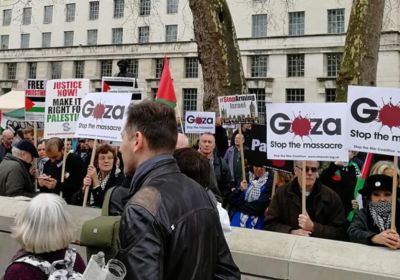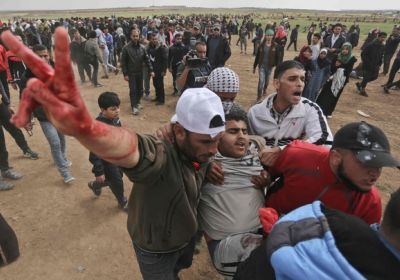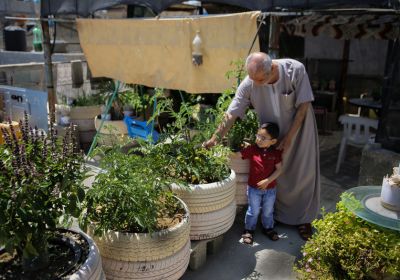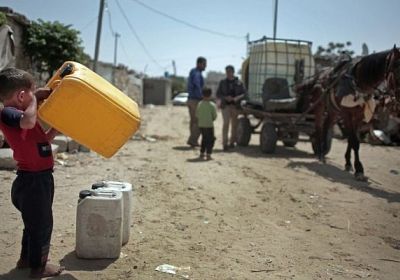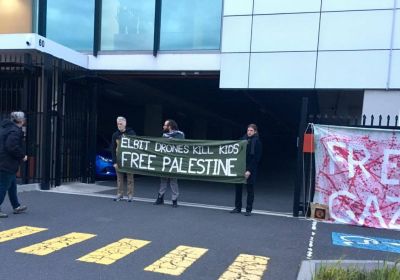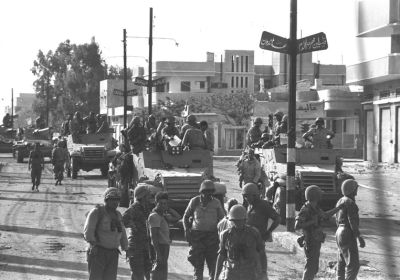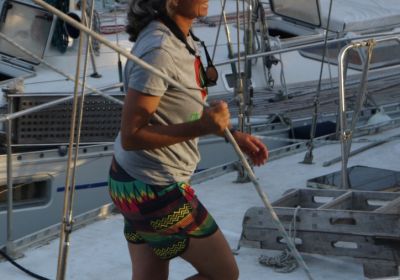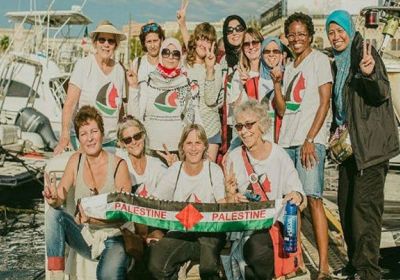-
-
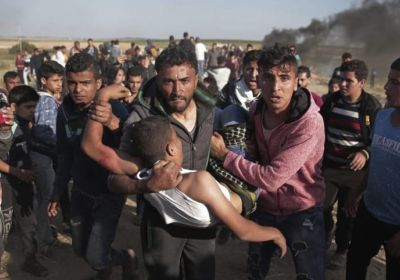
Israel’s massacre of peaceful protesters in Gaza on March 30, in which 18 people died and almost 1500 were injured, has spread outrage across the world.
-
-
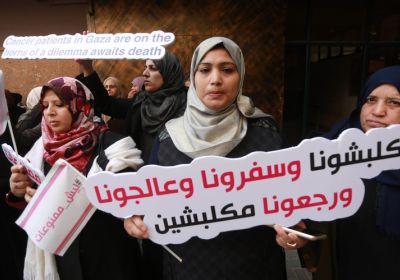
Faten Ahmed was a 26-year-old with a rare form of cancer. She died in August while awaiting an Israeli permit to travel for chemotherapy and radiotherapy not available in the Gaza Strip, which has been subjected to a crippling Israeli siege since 2007.
She had previously missed eight hospital appointments after Israeli “security approval” was delayed or denied, according to the World Health Organization (WHO).
Ahmed was one of five women who died from cancer in that month alone while waiting for Israeli permission that never came.
-
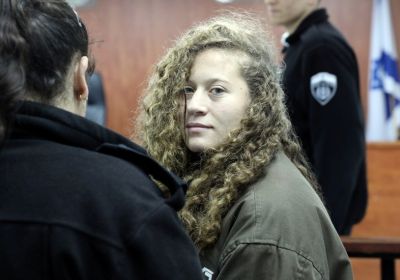
Every Friday for nearly a decade, the villagers of Nabi Saleh in the West Bank have gathered to walk across a road to a water spring.
The water spring has long been a part of Palestinian life, but the villagers of Nabi Saleh are prevented from accessing it by illegal Israeli settlers, who take more and more land every year.
As the water spring is now for settlers only, every Friday the soldiers prevent the villagers from walking across their own land to access what was their own water.
-
-
-
-
-
-
-
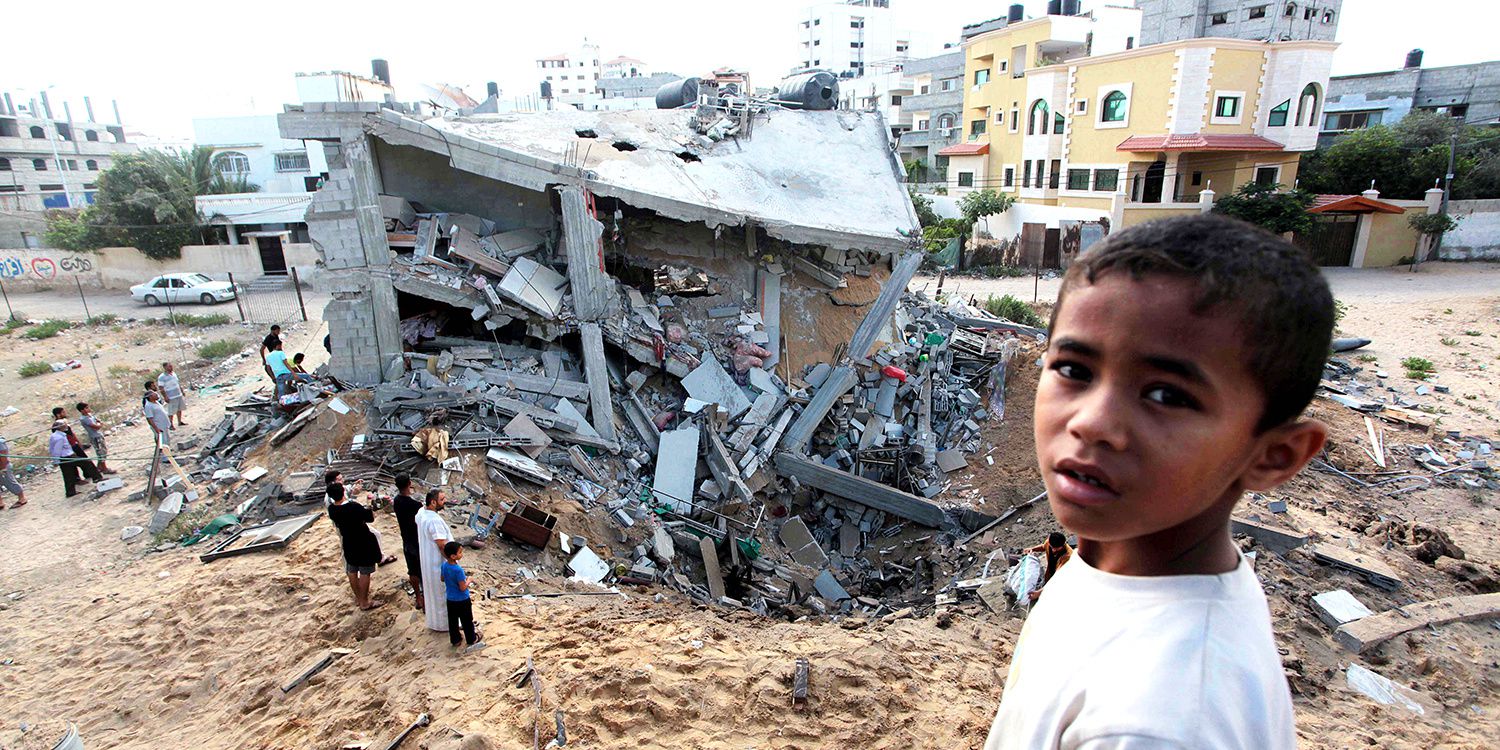 Gaza. July 2014.
A new short film, Gaza in Context, on the situation in Palestine takes aim at the corporate news media’s coverage of Israel’s July-August 2014 assault on Gaza.
Israel killed 2251 Palestinians during the attacks, including 551 children. About 75,000 people remain displaced two years later.
Gaza. July 2014.
A new short film, Gaza in Context, on the situation in Palestine takes aim at the corporate news media’s coverage of Israel’s July-August 2014 assault on Gaza.
Israel killed 2251 Palestinians during the attacks, including 551 children. About 75,000 people remain displaced two years later.
Gaza
Gaza
